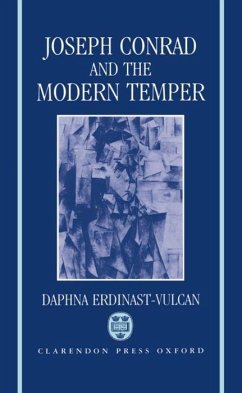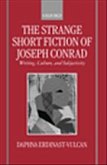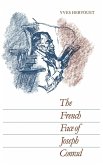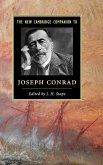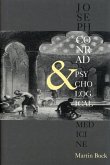This study relates Conrad's work to the cultural crisis of the late nineteenth century, the post-Nietzschean phase of modernity. It discusses "faultlines"-- ambiguities and apparent aesthetic ruptures-- in nine of the major novels and novellas. These faultlines are diagnosed as the symptoms of an unresolved tension between Conrad's temperamental affinity with the Nietzschean outlook and his fierce ideological rejection of its ultimate implications. Presenting Conrad as a modernist at war with modernity, the author studies the perpetual tug-of-war between the artistic will to meaning and the writer's susceptibility to the modern temper, both as a theme and as a structuring principle in his work. The modes of this struggle are defined as the failure of myth, the failure of metaphysics, and the failure of textuality. This forceful and original book draws on the work of Nietzsche, Valhinger, Bakhtin, Heller, MacIntyre, and other philosophers and cultural historians to present the ethical and epistemological issues which are interwoven with Conrad's aesthetics.
Hinweis: Dieser Artikel kann nur an eine deutsche Lieferadresse ausgeliefert werden.
Hinweis: Dieser Artikel kann nur an eine deutsche Lieferadresse ausgeliefert werden.

